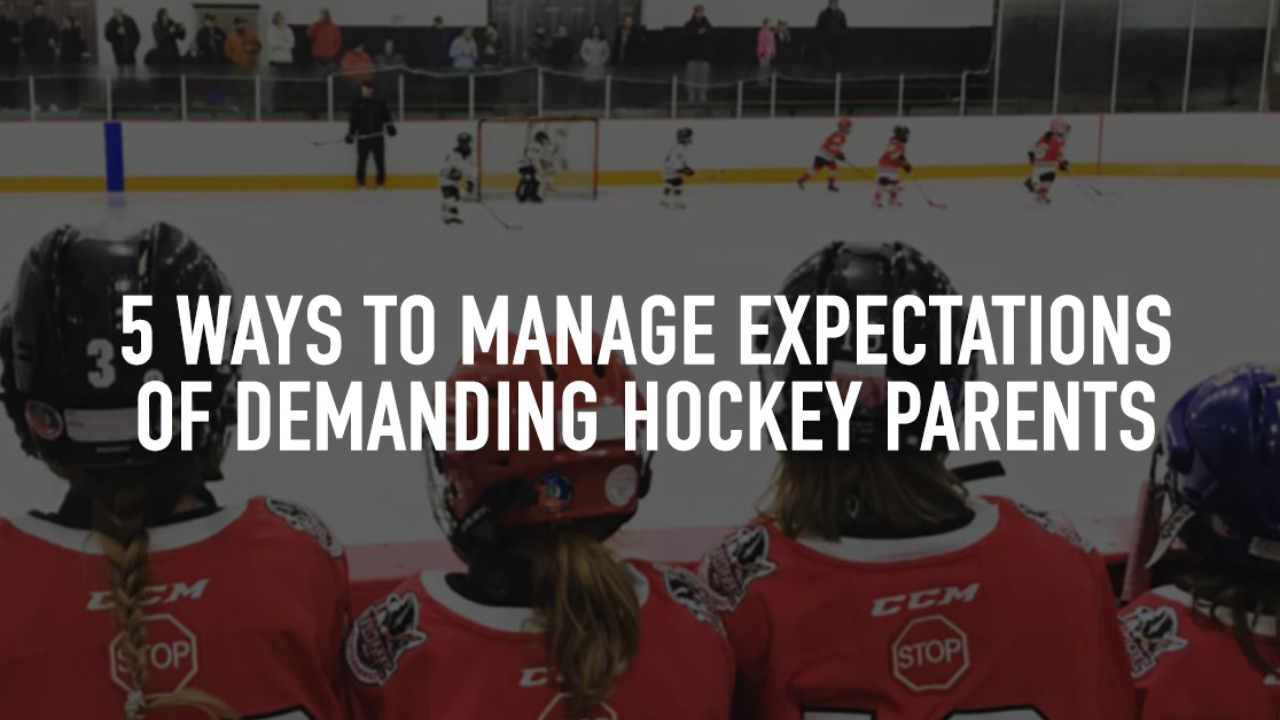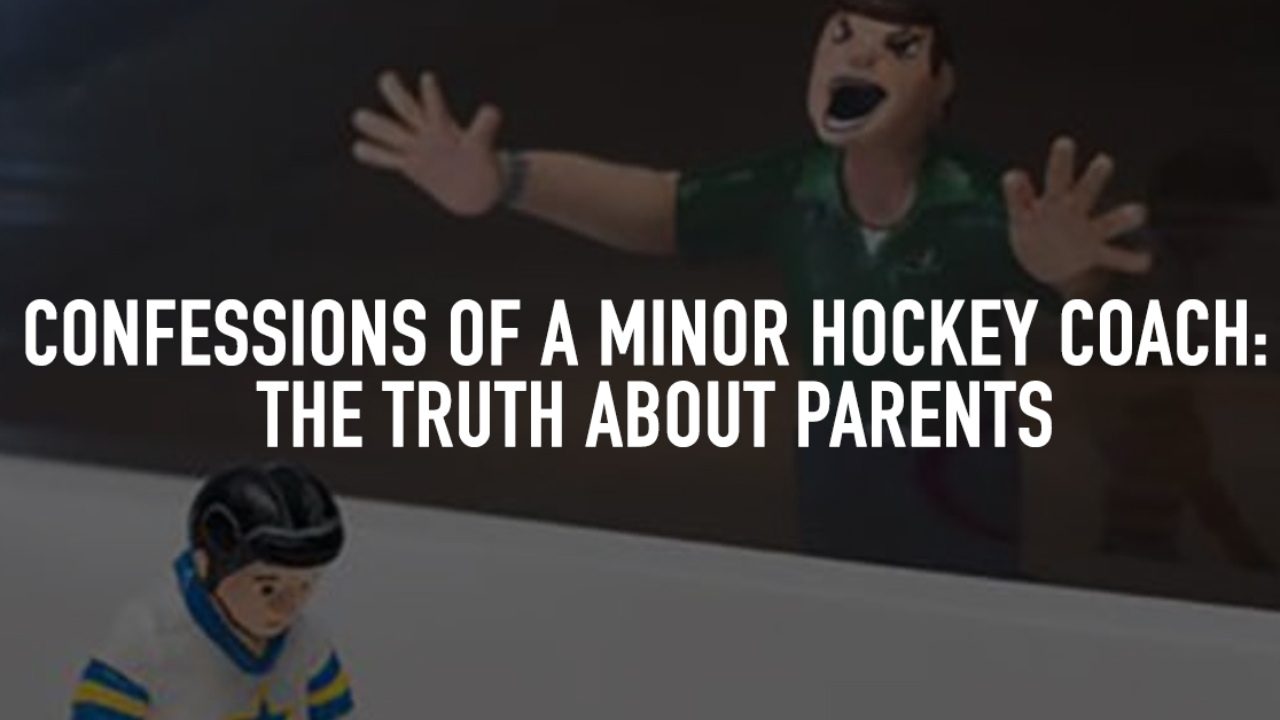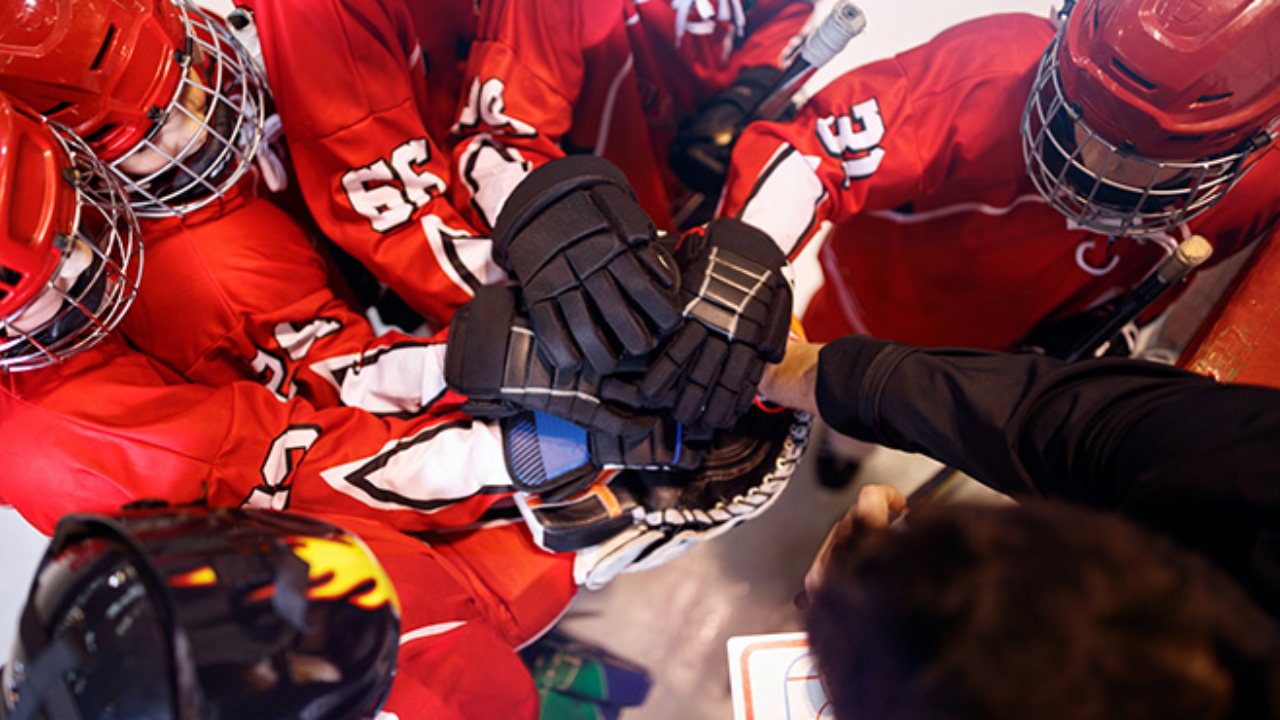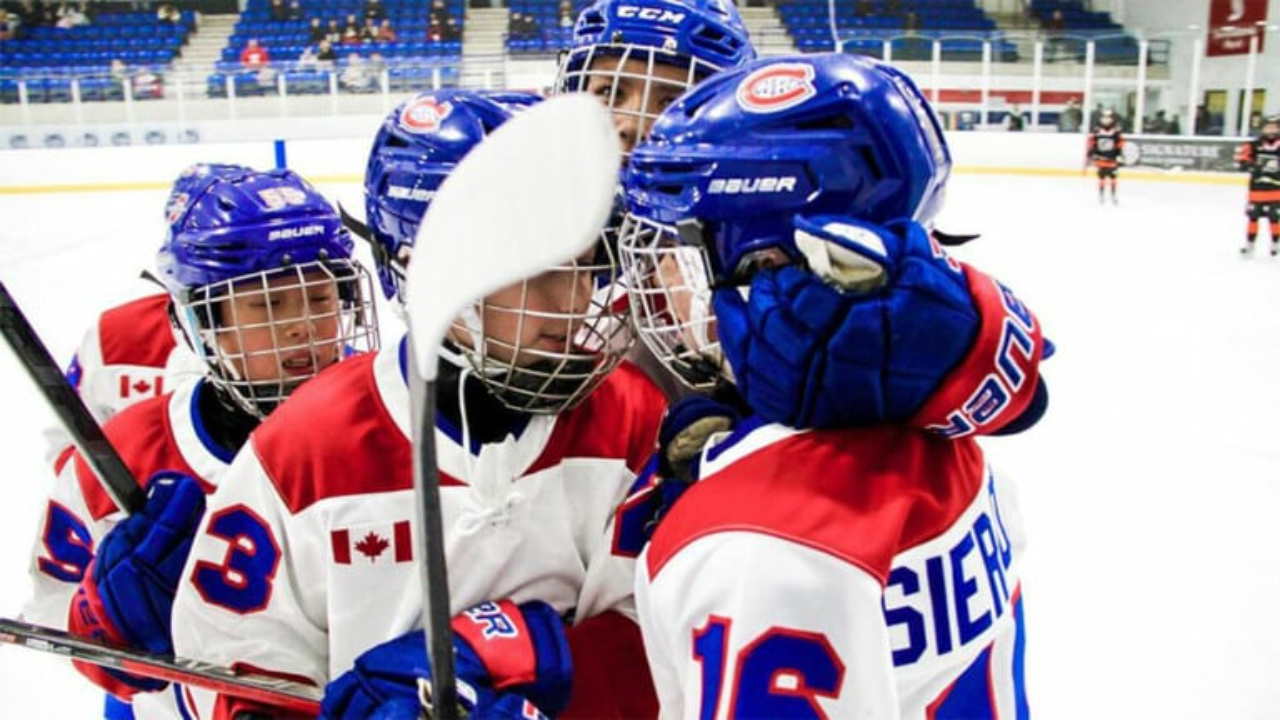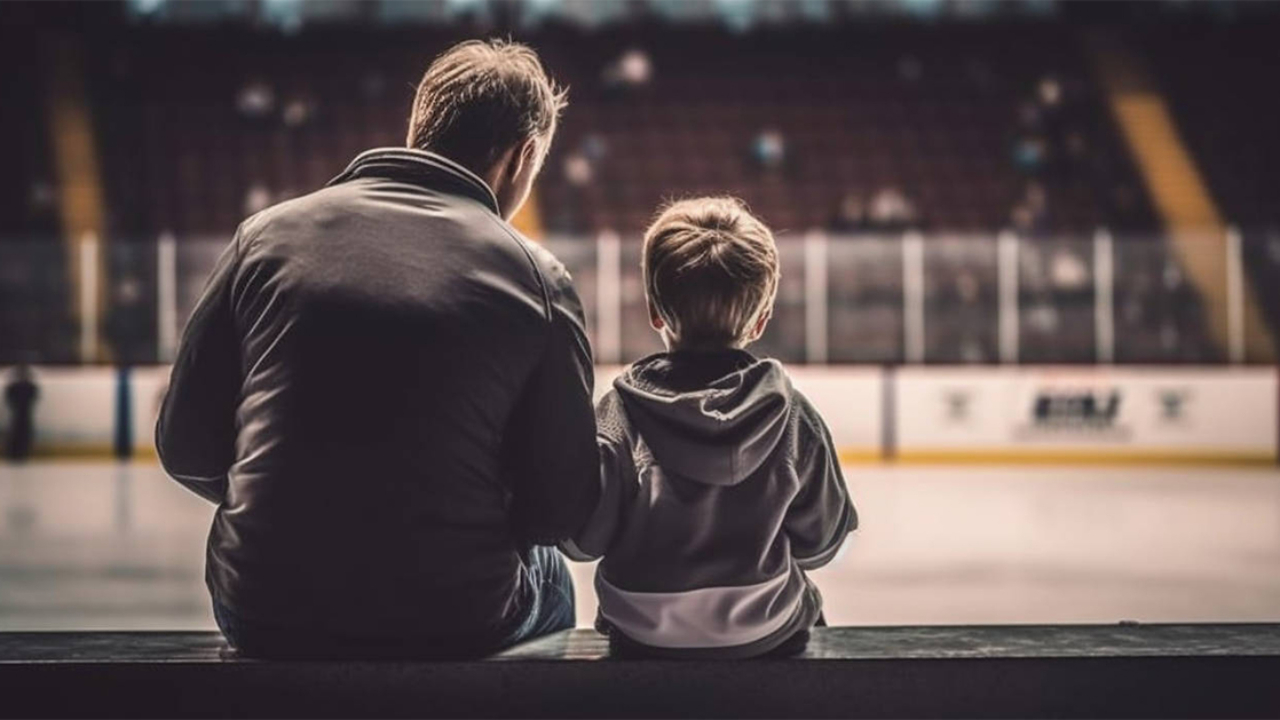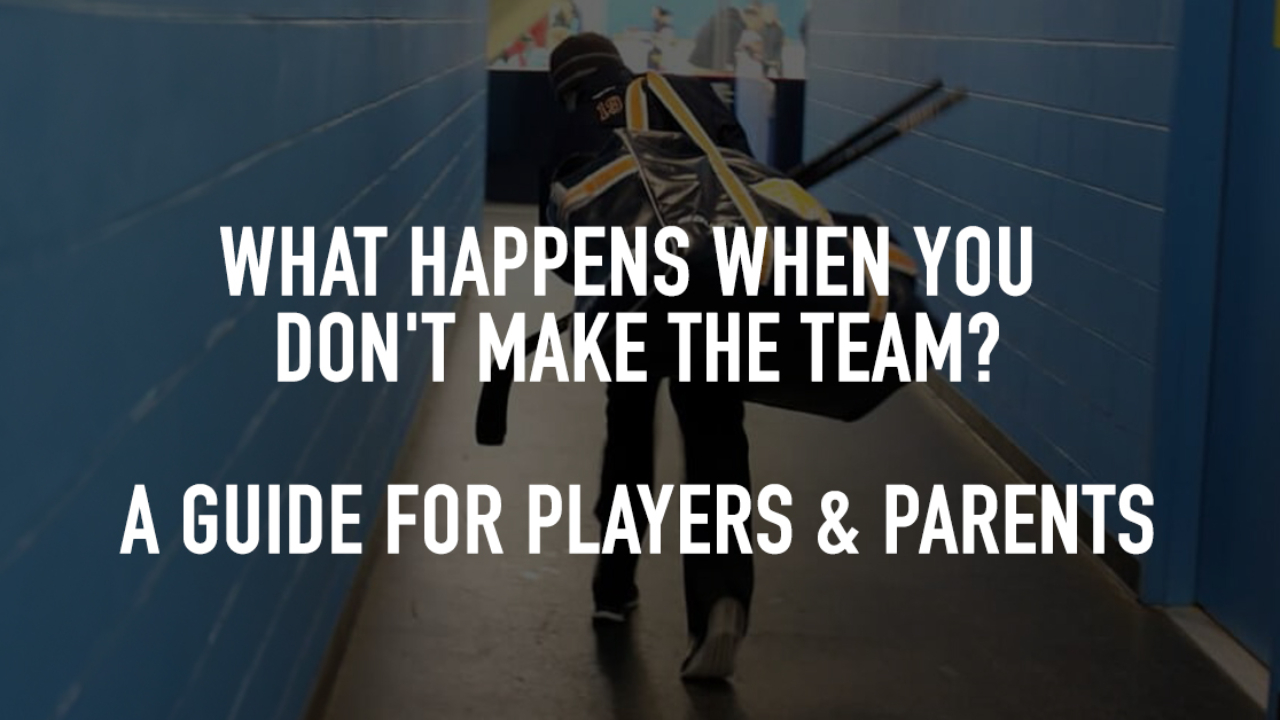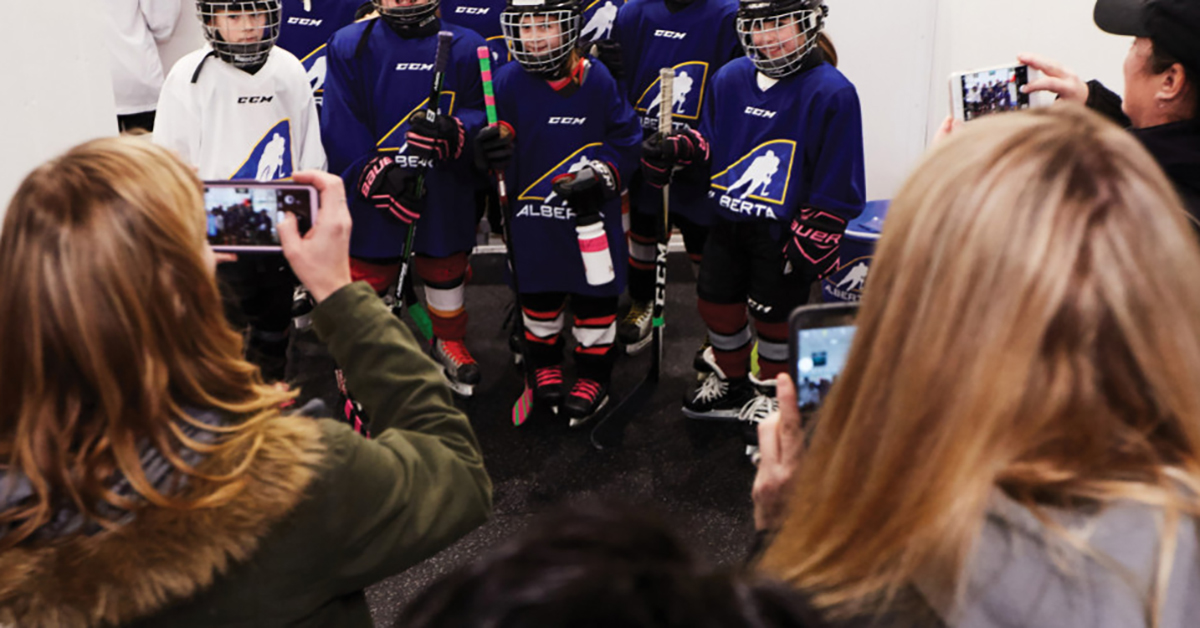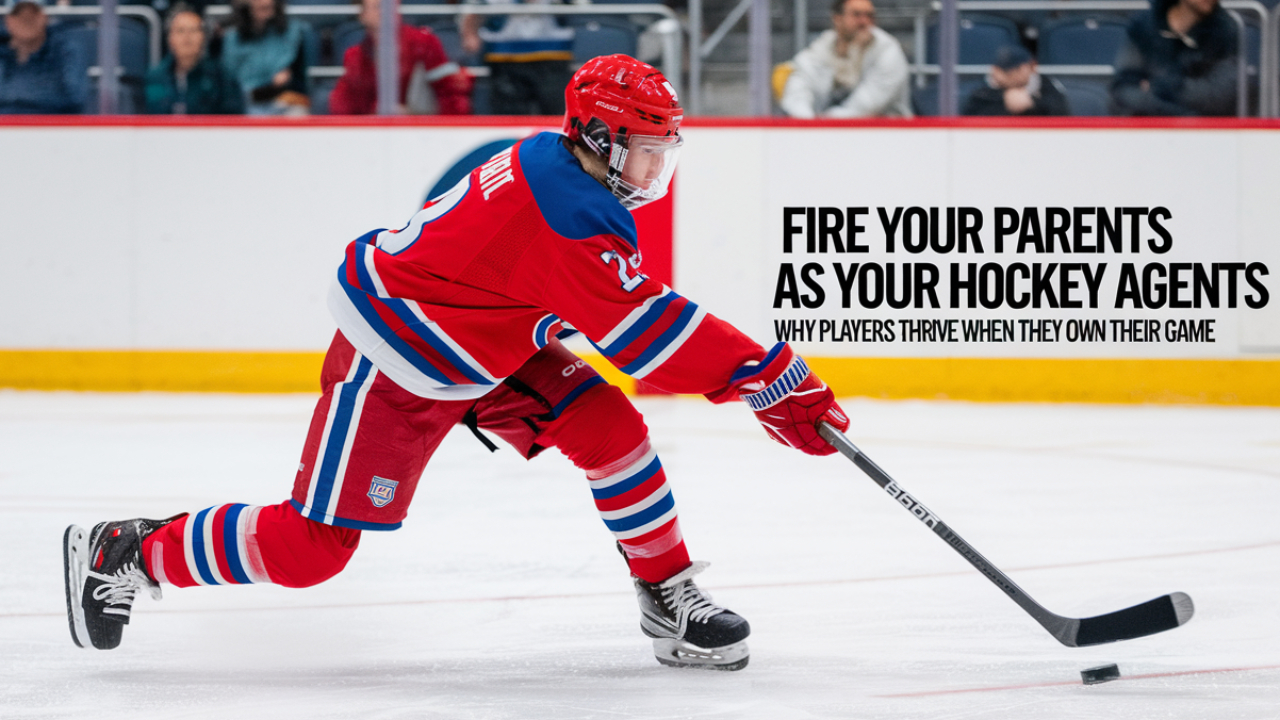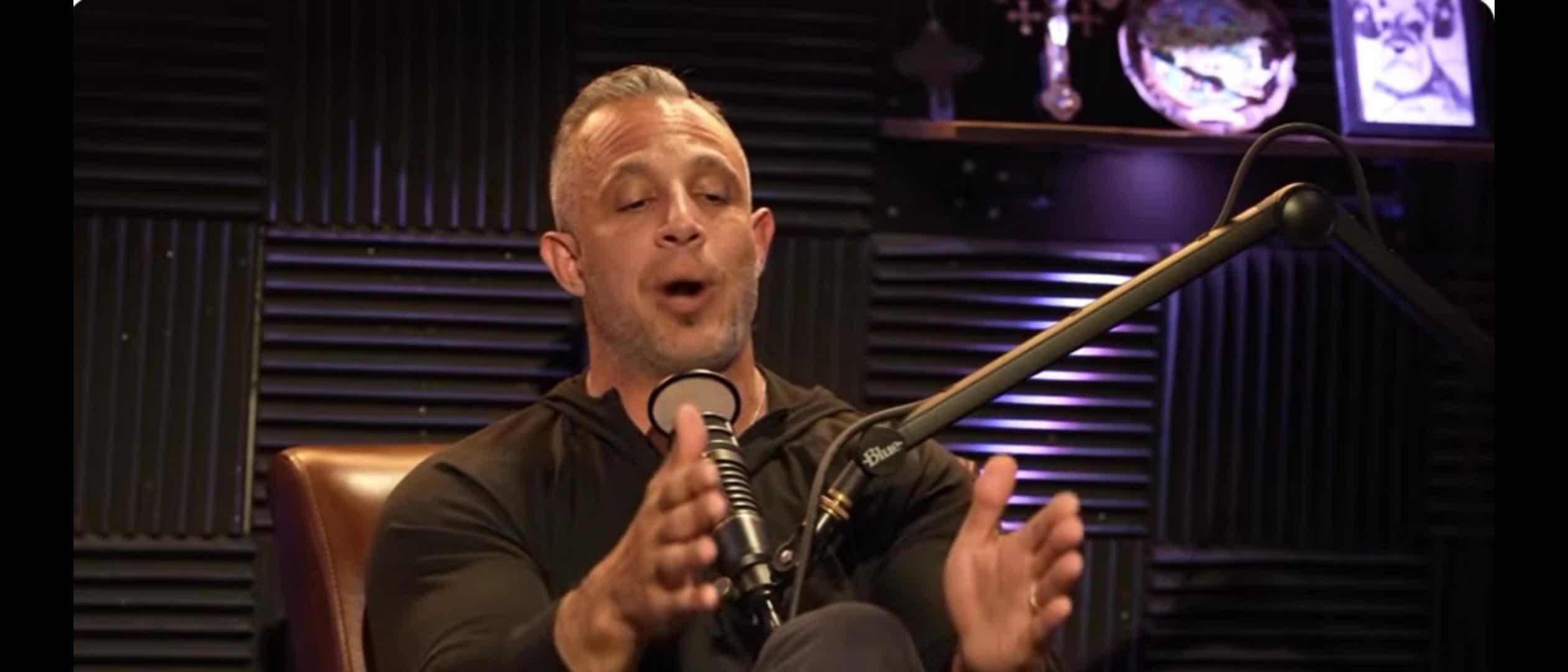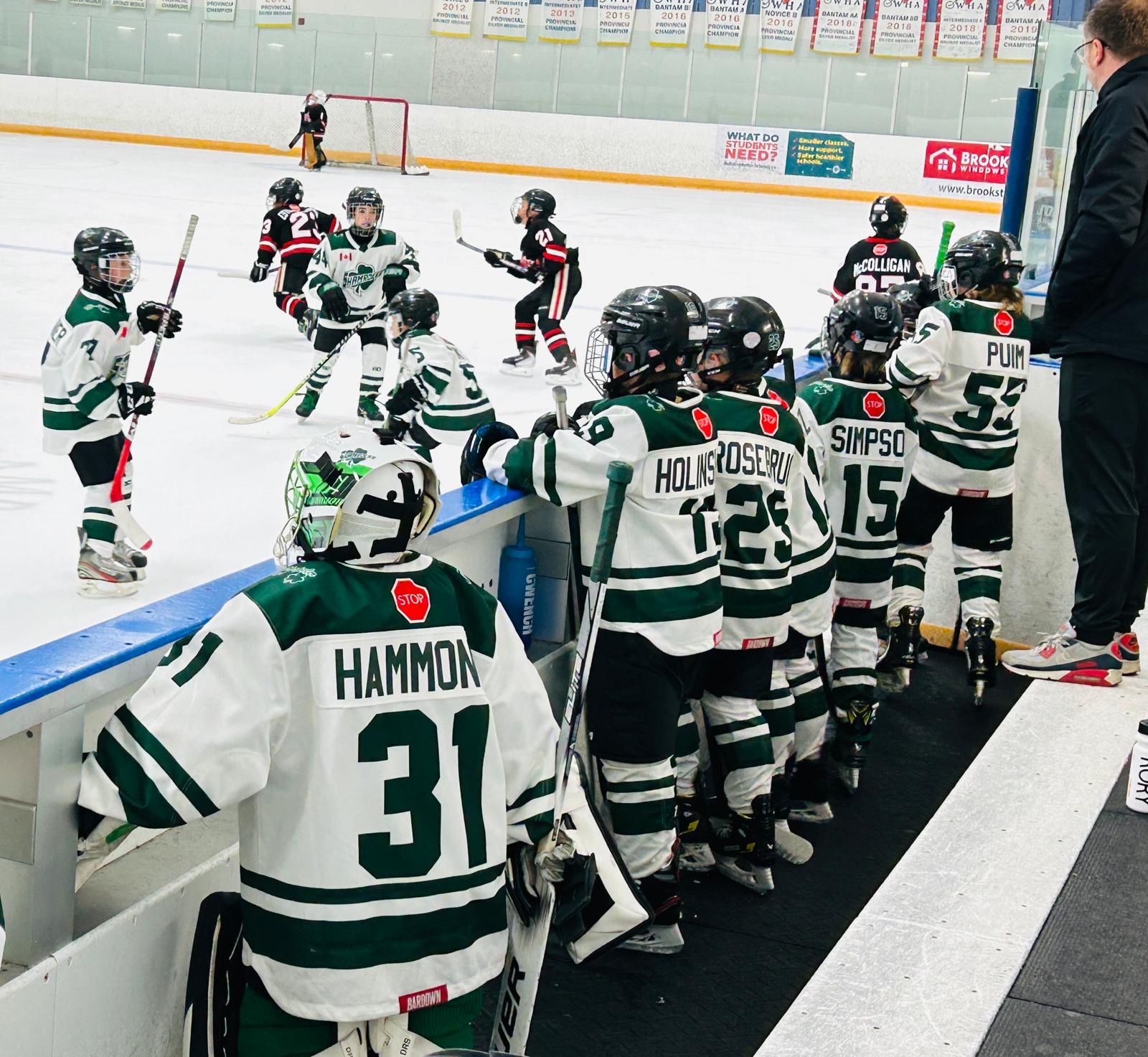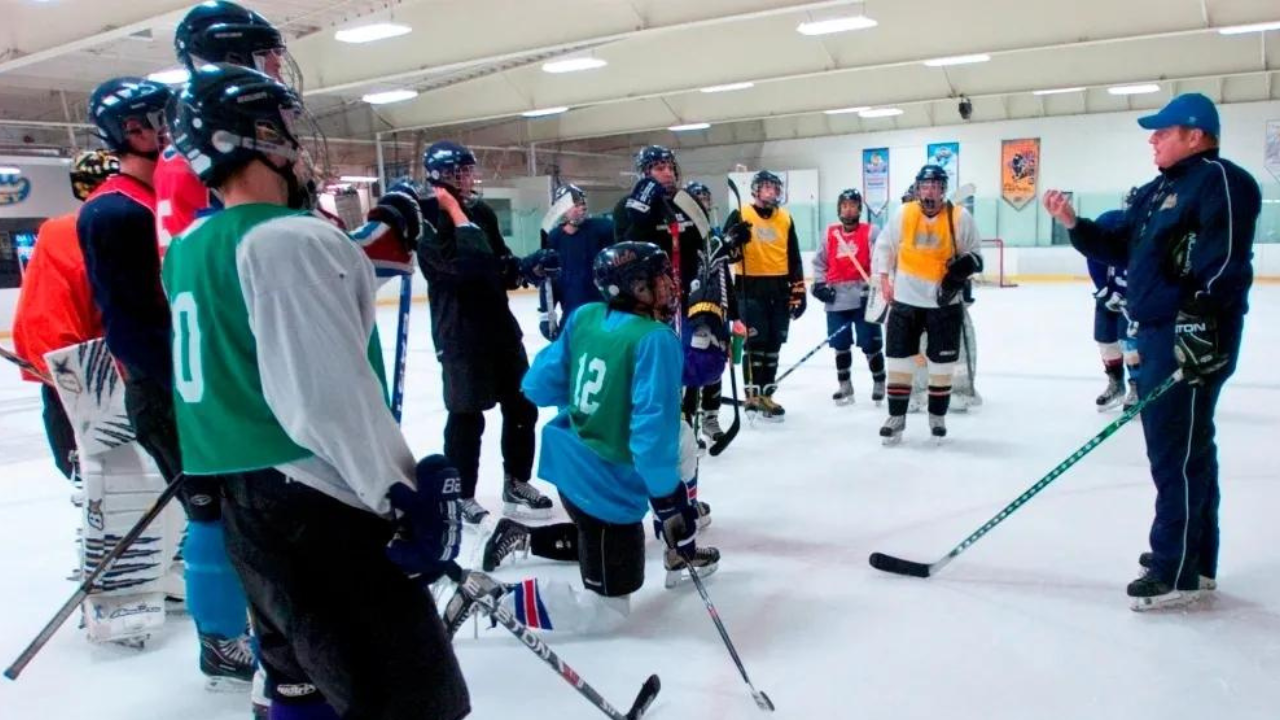
As I get through my first week of tryouts, I notice it's not just the young athletes who feel the weight of the moment. Stepping into the rink, I can’t help but notice the tension in the air—nervous parents anxiously pacing, arms crossed tightly, eyes shifting from the ice to the coaches and back again. It’s understandable, given the increasing amount of money spent on sports and the pressure for kids to succeed. Many parents are not just spectators; they are emotionally & financially invested, often living vicariously through their children’s dreams.
Understanding Parental Anxiety and Its Root Causes
Parental anxiety during tryouts often arises from a deep desire to see their children succeed, fueled by the significant financial investment involved in youth hockey. Parents are starting to look at their kids as investments and putting thousands of dollars into their training, equipment, and travel, ultimately wanting to see a return! This financial pressure is amplified as players age and have fewer opportunities to play for the limited rep teams.
Additionally, the hyper-competitive nature of youth sports today contributes to this anxiety. Parents often compare their child’s progress to that of others, feeling the need to keep up with families who invest in elite programs or private coaching. This can turn what should be an enjoyable and developmental experience into a high-pressure situation.
Time Spent, Isn't Always Time Gained
The moment the email announcing the cuts is sent out, my phone erupts with Facebook messages, phone calls, and text messages. The initial reaction from parents is almost always, "My son/ daughter worked hard for this." This sentiment ties back to my emphasis on quality over quantity, a principle I’ve referred to in previous posts. When a player is released, parents are not just upset about their child being cut; they are also disappointed in their financial return, feeling like the summer was a waste of time and money. Many parents mistakenly believe that general participation in hockey skates constitutes effective training. This is a major misconception in sports. True training involves focused efforts to improve one or two specific skills. Despite my attempts to explain this, parents remain inconsolable, which is understandable. However, it’s important to recognize that whether in work or sports, aimless hard work achieves little, whereas hard work with clear direction leads to success.
To The Point
Within our organization, we hire independent evaluators who use an amazing online tool to score each player's skating, shooting, passing, and competitive level of skills. Although the final selection is always up to the coach, this tool can help parents gain clarity on how they can support their player's development. Parents often expect to receive these report cards immediately after tryouts so they know how their child can improve before their next tryouts in a few weeks. We all know you can't turn the ship around that quickly; therefore, when the report is sent out in October, helping parents understand how to apply their report cards will have a larger impact through empathy rather than what most parents do, which is compare their child to other players. So whether or not the parents want to listen to you or not, is up to them!

